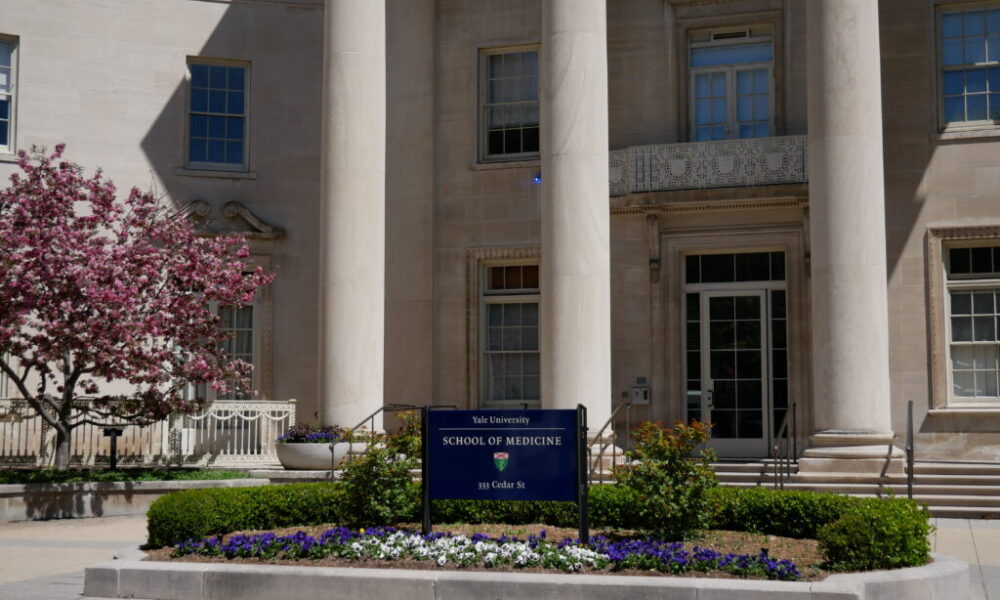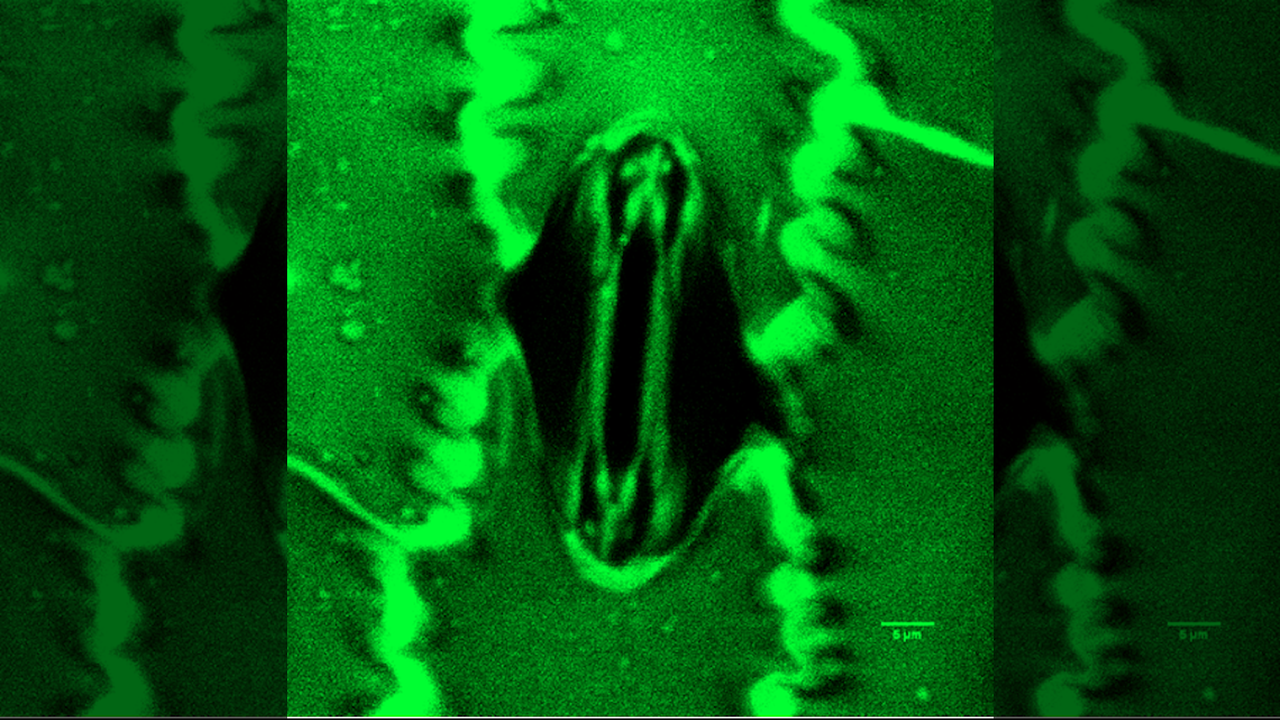Yale University is establishing a new center focused on enhancing healthy aging strategies for individuals living with HIV. The initiative, known as the Aging Well with HIV Through Alcohol Research and Risk Reduction and Education (AWAR3E) Center, has received a five-year grant from the National Institute on Alcohol Abuse and Alcoholism. The center aims to address the unique health challenges faced by an increasing number of aging HIV patients.
Leading the AWAR3E Center are three prominent figures in the field: Amy Justice, a professor of internal medicine and public health; Julie Womack, an associate professor of nursing; and Vincent Lo Re, a professor of medicine and epidemiology at Rutgers University. In an interview, Justice emphasized the growing demographic of older adults living with HIV, stating, “There are more people aging with HIV now than ever before, thankfully, because we have therapy to suppress the virus and to extend people’s life expectancy.”
The center will investigate the heightened vulnerability of aging individuals with HIV to various health conditions, including cancer, cardiovascular disease, and diabetes. Justice noted that while both aging and HIV can cause immune dysfunction, the effects of HIV can be particularly severe. Additionally, many patients may continue to use alcohol and have other socioeconomic disadvantages that could contribute to premature aging.
This initiative builds upon the Veterans Aging Cohort Study (VACS) Consortium, founded by Justice to examine the effects of alcohol on aging in both HIV-infected and uninfected individuals. VACS has compiled over two decades of data from a diverse population, representing approximately 13.5 million individuals through the national electronic health record data system.
The team is well-equipped to tackle these issues, with expertise spanning various medical fields. Womack has conducted extensive research on preventing falls and fractures among aging HIV patients, while the team includes specialists in liver disease, neurological conditions, heart disease, and cancer. Justice pointed out that her generalist background allows her to engage with experts effectively, resulting in a collaborative research environment.
The process of securing funding for the AWAR3E Center came with its challenges. Womack described the rigorous timeline and collaborative effort required to complete the grant proposal, which began in January 2024. The team worked together to refine their project drafts, ensuring alignment on goals and objectives.
Despite the hurdles of grant writing, Womack expressed enthusiasm for the interdisciplinary collaboration involved. “We’re bringing in providers, people from different HIV-related agencies, and representatives from the HIV community,” she said. This diverse input is expected to enhance the center’s impact and outreach.
A significant focus of the research will be on understanding the role of stress—stemming from alcohol use and socioeconomic factors—in contributing to premature aging through inflammation. Justice highlighted that chronic inflammation is a critical factor in adverse aging, which can affect both HIV and non-HIV populations. The research will also explore how lifestyle factors such as diet, exercise, and substance use can exacerbate these issues.
One key project will examine biological markers of stress and inflammation in individuals living with HIV. Even those whose HIV is well-managed may harbor residual viral reservoirs in their bodies, and the research aims to determine whether these reservoirs are linked to increased stress and inflammation levels.
Another area of investigation will assess the connection between aging-related health issues, such as falls and dementia, and socioeconomic disadvantages. Lo Re emphasized the dual benefits of the center, stating, “Aside from the terrific science that we will advance, one of the big benefits of our new center is that it will nurture the generation of significant research in alcohol-HIV/AIDS research and provide valuable mentorship to early-stage investigators.”
Womack also highlighted the commitment to disseminating findings effectively. The center will include a dedicated group tasked with advising on how to share research outcomes with patients, clinicians, and organizations within the HIV community.
According to the 2022 estimates from the Centers for Disease Control and Prevention, approximately 1.2 million people are currently living with HIV in the United States. As the AWAR3E Center prepares to launch, its multidisciplinary approach promises to address the complex challenges of healthy aging in this population, fostering advancements in both research and community support.







